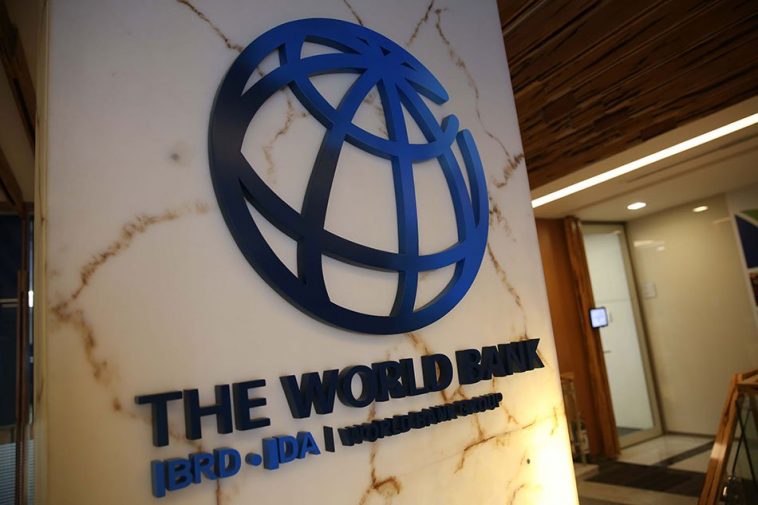Ethiopia has secured a $3.4 billion loan from the IMF following the decision to float its currency. This move is part of broader reforms aimed at alleviating the country’s foreign currency shortages and attracting foreign investments.
In a statement, the IMF explained, “The four-year financing package will support the authorities’ Homegrown Economic Reform (HGER) Agenda, which is designed to address macroeconomic imbalances, restore external debt sustainability, and lay the foundations for higher, inclusive, and private sector-led growth.”
The National Bank of Ethiopia has traditionally maintained a managed foreign exchange rate system, leading to persistent dollar shortages that have impacted importers and foreign investors trying to repatriate profits.
On Monday, the Ethiopian birr dropped 30% to 74.73 per dollar after the central bank lifted restrictions on the foreign exchange market and pledged to limit its interventions.
Conditions tied to the IMF financing mandate the adoption of an interest-based monetary policy to maintain low inflation and implement fiscal reforms within the government to enhance revenue collections.
IMF’s approval follows extensive negotiations with Prime Minister Abiy Ahmed’s administration, which seeks to borrow over $10 billion from the IMF and World Bank to manage the country’s escalating debt. The East African nation defaulted on a $33 million international bond payment in December 2023.
The Ethiopian economy has faced pressure from double-digit inflation and increasing debt repayments, with external debt exceeding $28 billion as of December 2023.
The new lending program, initially proposed in 2019, has experienced numerous delays due to armed conflicts in the Tigray region and Ahmed’s sluggish economic reforms. The US, IMF, and World Bank withdrew their support during the war, further straining an economy already suffering from the impacts of the COVID-19 pandemic.
 We just launched our WhatsApp channel. Want to get the latest news from the Tech in Africa?
We just launched our WhatsApp channel. Want to get the latest news from the Tech in Africa?


